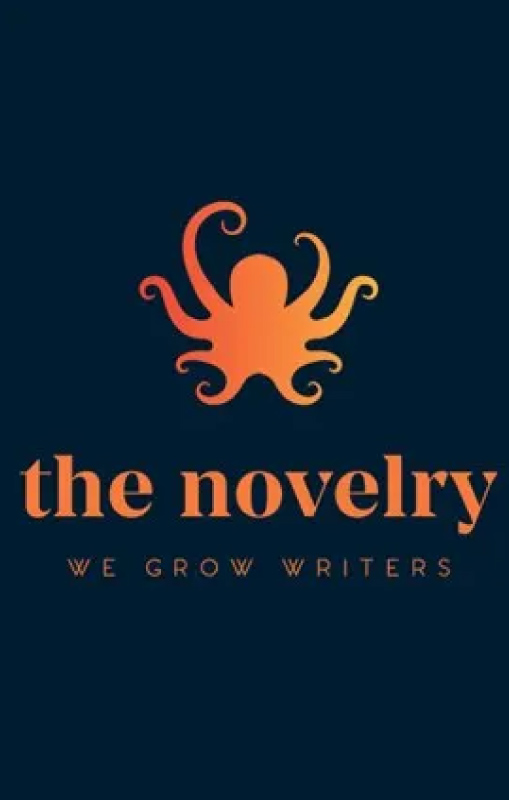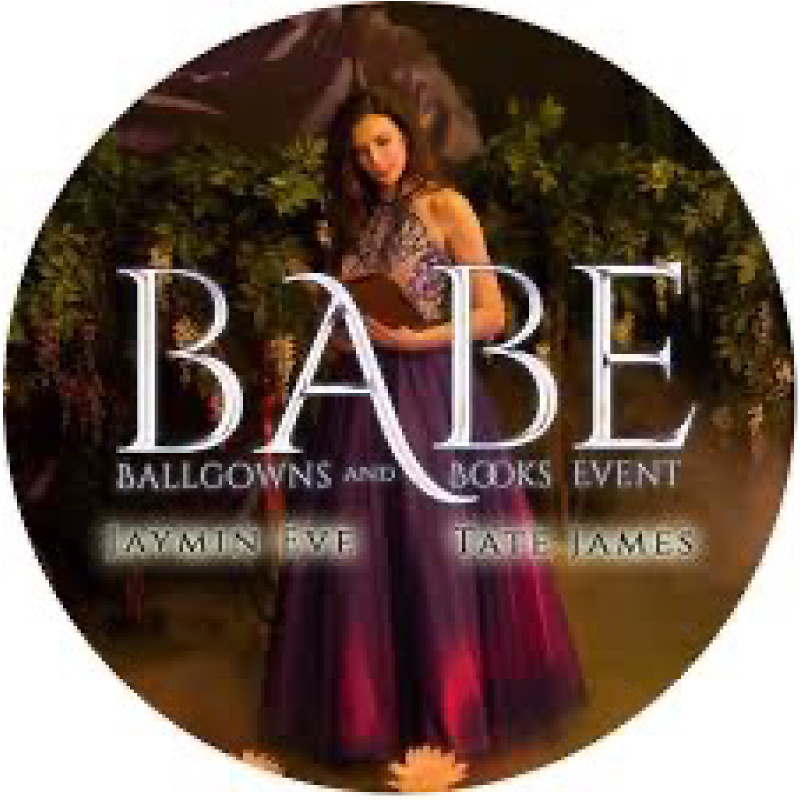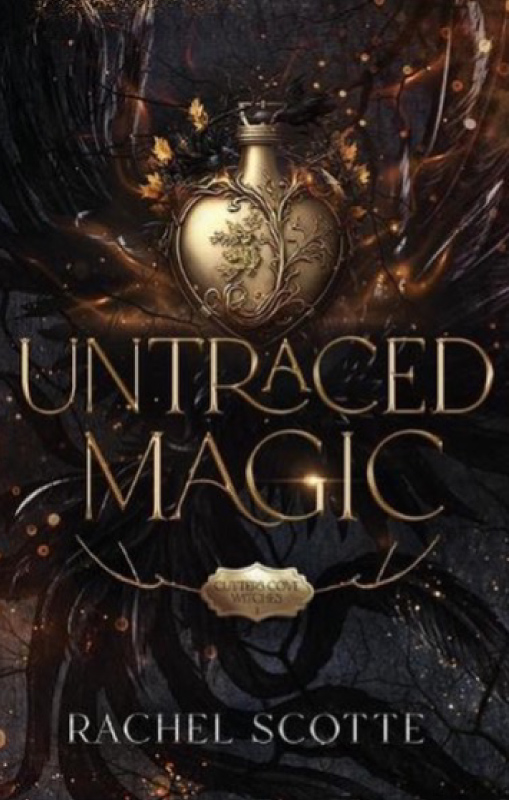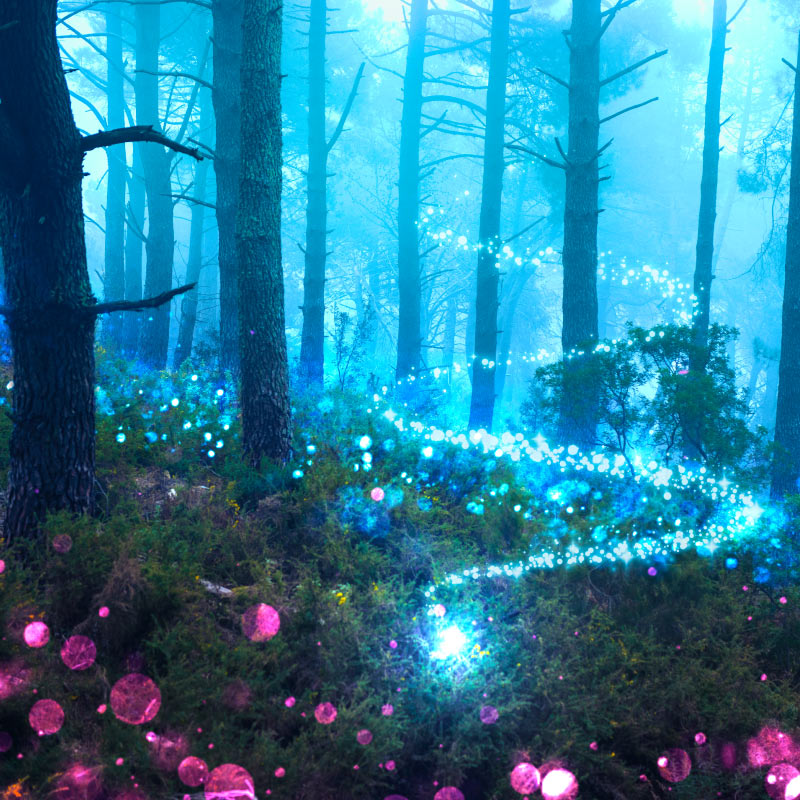The Dark Forest isn’t so lonely when you have friends: My writing community.
Staring down the barrel of doing something new and alone (figuratively speaking) can be very scary. As I’ve gotten older, I have discovered that I increasingly appreciate my own company. But even the loneliest of us need to be connected to other people. Like any profession, you need to have a network. I’ve worked in tech for over fifteen years and have built a solid network over that time. But as I embark on a new career, I must create a new network.
In my previous blog posts, I discussed my writing journey’s what, why, how, and where. In this post, I’d like to talk about the who. Who have I met along my journey to be a writer? How have they helped shape my path to becoming a writer? Why is it important?
Writing can be a very fulfilling profession, hobby, and pastime; you pick how you view it, but it can also be very lonely. Only some of your friends and family will like the writing you like, so how do you connect with those who are like-minded or share the same passions as you? How do you connect with writers to share experiences that help you avoid common mistakes and test ideas or strategies? How do you find people you can trust to do good work for you (like editors, illustrators, etc)?
The first and most obvious answer in today’s digital age is social media. For me, that’s where it all started at a community level. I joined many social media groups and followed a lot of influencers, writers, and publishing companies. This was an effective way to connect with people who initially enjoyed the same books and writing as me. It gave me insight into what they liked and didn’t like, and I formed friendships. Being part of a virtual community opened me up to more authors, more books, and more aspects of the craft I hadn’t been exposed to before.

An interesting observation with social is that platforms like Instagram, Facebook, and TikTok are more reader-driven. There is an author/writing community on these platforms, but in my experience, they are harder to find and less engaged in the open landscape. To see the type of meaningful engagement, I’d have to join Facebook groups that are closed to the general public. However, the platform with the strongest open writing community (writers, agents, editors, etc), again, in my experience, is Twitter (X, but I still call it Twitter). When I started querying, it was the critical platform to stalk agents’ current lists and see what the trends with industry professionals were.
On the same tangent as social, but in a more professional setting, was the Novelry’s membership area (which you can pay to join). I found this very effective at the very start of my writing journey. Not only could I join a specific Sci-Fi and Fantasy group headed up by some best-selling authors like Tasha Suri, R. L. Lam, and Andrea. G. Stewart and editors in the genre were also a place where I could test ideas with like-minded authors in a safe environment. Add to this the extras you get with joining the Novelry’s member area, like events such as agent Q&A’s, Ask an Editor author interviews, writing sprint groups, etc.
These are all great for joining communities, but more importantly, they helped me form networks. After all, I met my good friend and assistant, Megan, through a random reach out in the Books and Balls Gowns Event 2023 (BABE) Facebook group. I’d never met her, but we connected at the event in Sydney, and let me tell you, she knows how to do a book event. I learned a lot about not only authors but influencers and readers. More importantly, I grew my network through that initial spark of engagement.

Through Megan, I met Kate (a fellow indie author) and another key person in my network. These lovely ladies have been instrumental in my journey so far. Megan, with her knowledge of what readers want and what the market likes, and Kate, with her eye for good prose and knowledge of the indie pathway. But I would have never met them without taking the leap and forming the connection rather than hiding behind a virtual wall.

Similarly, I met Rachel Scotte through a Facebook group, and we instantly connected and formed a friendship around our writing and publishing journeys. I wouldn’t have joined or known about the Romance Writers of New Zealand Association without Rachel. She shared guidance on her experiences and encouraged me as I decided to go down the self-publishing route. Through Rachel’s connection, I learned about the RWNZ annual conference in Christchurch, where I met more authors. I have managed to form bonds and broaden my network further.
This is great, you say. It is a lovely, fluffy tale of community and connection, but why is this important? Because writing can be such a lonely profession, and because of that, there are a lot of scammers out there. I’ve learned the hard way in some cases that there is a dark side to the profession, where if you’re not careful, someone will take advantage of you. It can be heartbreaking when you’ve spent years working on a book, only to stumble at the last mile due to a scam.
Communities with writers are important for the social side of things, but they’re critical to finding the right people and companies to work with. For example, I had zero idea about the good editors in the market. I didn’t even know where to start looking, and sound editing is crucial to a book. Using my network, I found great editors at Hot Tree Editing, who just so happen to edit for several authors I like, like Jane Washington. Equally, I avoided scams and contracts that, if I had signed, could have been disastrous for my book.
So, all in all, being an author, like being a lawyer, a winemaker, an accountant, a waitress, or a cab driver, requires a network. It requires connections to people who can help guide you, make or break your career, and form solid, long-lasting friendships. Every day, I’m trying to grow my network meaningfully, so if you’d like to connect, reach out and join me on this journey.




Wow there is a bigger writing scene in New Zealand than I thought. How amazing!